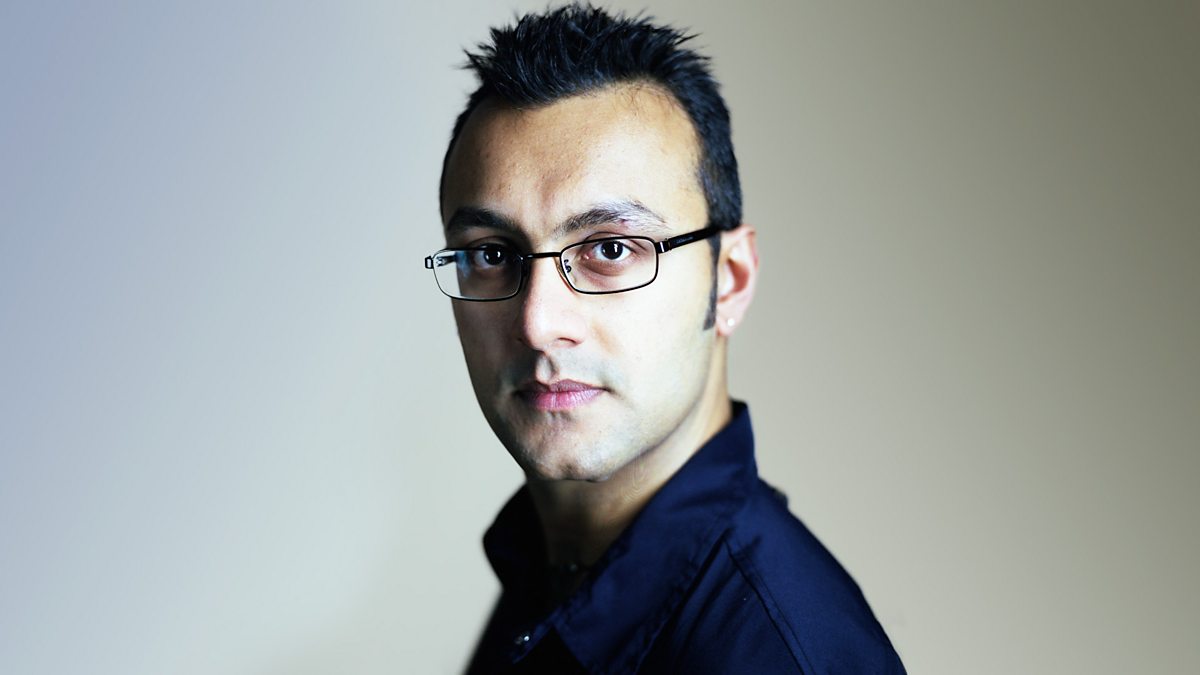Originally posted by Pabmusic
View Post
Originally posted by Pabmusic
View Post







Comment